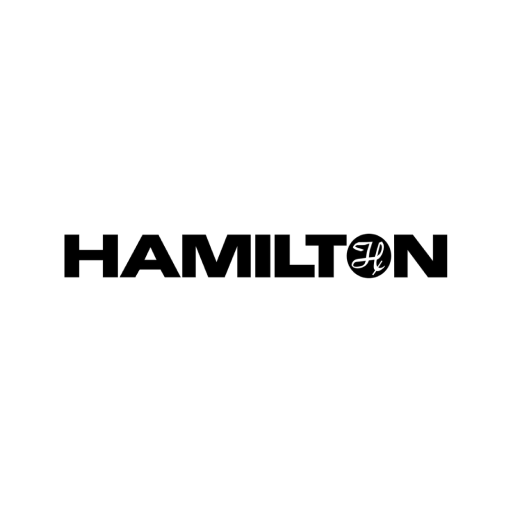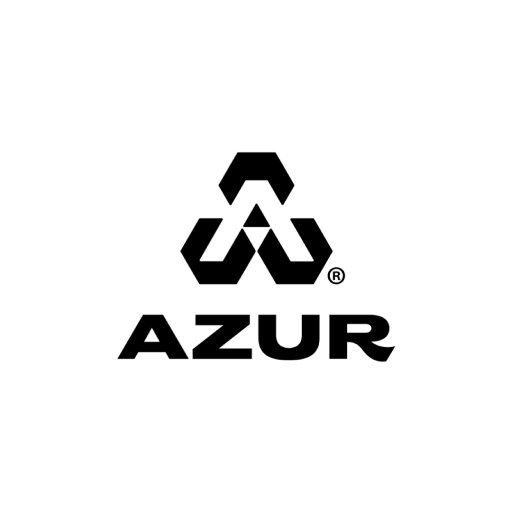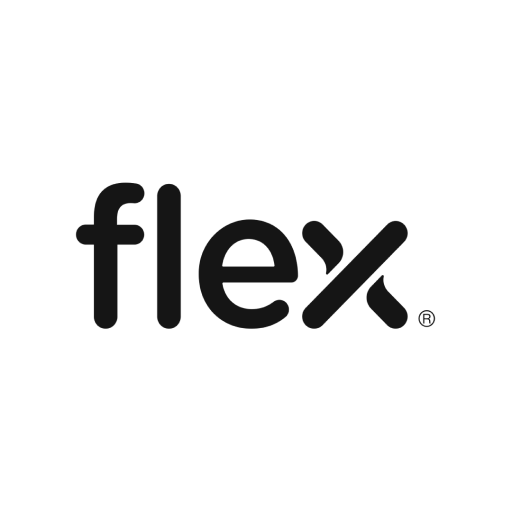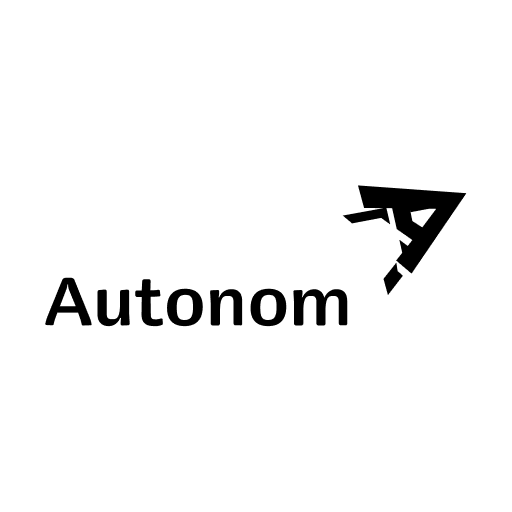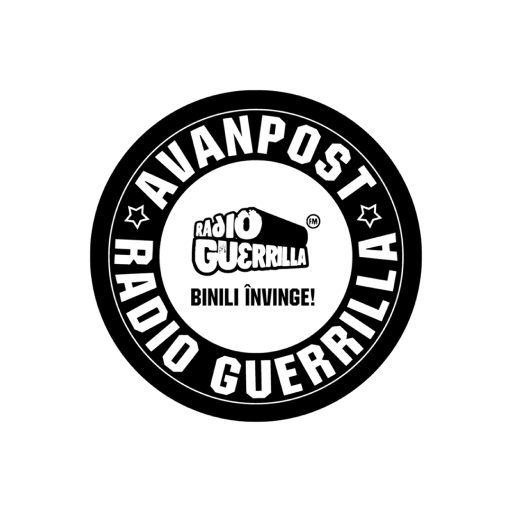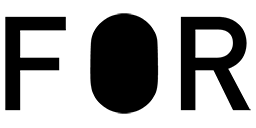Design Signals is FABER’s program dedicated to design research and practices. It invites designers to apply different media, techniques, skills and languages to explore the hidden narratives and the untapped resources within Timișoara and Romania, while questioning how design can evolve its strategies, practices and visions in order to actively participate in shaping alternative futures.
In 2025 Design Signals continues its design enquiries and launches an open call to designers to join in a new exploration and development of design projects. After the automotive (Bright Cityscapes 2023) and the textile industries (Woven Secrets 2024), this year the investigation looks at another important sector of Timisoara’s industrial ecosystem: The chemical industry.
The chemical industry is everywhere. It contributes to all aspects of our everyday life, it visibly and invisibly shapes the behaviour of all matter on the planet and continues contributing to the formulation, analysis and commercialisation of every synthetic and organic material extracted, processed, applied or consumed by other industries, including the design one.
Design Signals: Chemical Industry
We are interested in understanding from the local chemical production ecosystem which are the possible transformative challenges related to chemical processes and material development, transformation and application to which design can spark a light onto, or actively participate in. Romania is an important participant in the chemical industry import/export: from scent synthesis, to stones extraction, to digital infrastructures development, Timisoara contributes at different scales in the large chemical global industry.
In Timisoara there are many agents active in chemical frontiers, in water purification treatments, in air pollution detection, in biological fabrication, in alternative construction materials, plastic manufacturing, metallurgical processes, medical frontiers, ecological reparations, body products, etc. Design Signals invites designers to join the FABER team of researchers, cultural practitioners and makers, in questioning the status quo of the chemical industry and contribute with their skills and vision in continuing prototyping research methods and design outcomes.
The Call
With this call we invite young and professional designers with different interests, skills and vision on contemporary design to apply individually or collectively. We invite makers, designers, information designers, coders, social designers, architects, multimedia designers, industrial designers, material designers, graphic designers, bio designers, or other areas of design practices wanting to engage with the chemical industry at the intersection with technological, manufacturing, ecological and social systems.
We invite the applicants to apply with a thematic interest and approach proposal related to the theme of the chemical industry. The open call provides a framework, a fee and platform through which to develop new design work. It is an opportunity for designers to apply their skills and vision into a research based process leading to an exhibition presentation and expand their work in a real context engaging with a series of collaborations starting from the one with the curator and the FABER exhibition/research team.
Applicants will be notified via email within a week of the application deadline, with the selected applicants being invited for an interview. Following the interviews round, a final four applicants will be selected. The chosen applicants will spend five months (May—September) developing their thematic interest and approach proposal into a research-based design project related to the chemical industry in the context of the design field. The selection will be made by Martina Muzi, the curator of the FABER design program.
During the process of developing a project, the selected applicants will be connected or guided in possible collaborations with Timisoara’s agents such as factories, researchers or spaces of production at large. This will support designers with a strong vision to apply their interests and skills directly in collaboration with Timisoara’s ecosystem. Format of research and making in need of residencies or field trips to Timisoara will be considered during the production process.
The research outcomes and final works will be presented to the public as part of the design exhibition at FABER in September 2025, and also in Romanian Design Week 2026.
Please send the application before 4th of May at design@faber.ro
Thematic interest and approach proposal guidelines
The curator will select thematic interest and approach proposals that demonstrate a critical vision and understanding of the chemical industry as a material, economic, environmental, political, or aesthetic component deeply entangled with the global networks of design, industry, infrastructure and consumption. Departing, crossing or ending in Timisoara, the thematic interest and approach proposal should be connected to chemical manufacturing or the chemical industry as a whole.
The aim of the exhibition is to present diverse research based projects developed by designers in collaboration with the local ecosystem. The thematic interest and approach proposals should be open to consider over the duration of the project agents, places, people, practices, techniques and design media which can potentially engage them and their practice with chemistry related design outcomes.
Proposals should be:
- Based on a specific theme of interest within the chemical industry, focused on a real-world case and highlighting questions, passion or urgencies of investigation;
- Formulated around a clear design approach for research and experimentation, considering a multidisciplinary methodology of research and a variety of design approaches, tools, techniques, media and materials;
- Inspired by a variety of agents and systems including factories, workers, machineries, artefacts, technologies, infrastructures, markets, centres or places relevant for the chemical industry.;
- Curious, inventive and open to experiment at the intersection of design, contemporary industry and research;
- A close or far connection to Timisoara is welcome but not mandatory in the phase of application. The applicant can develop the connection to Timisoara during the development phase of the project.
Application guidelines
Proposals should be submitted in English as a single, 10 page PDF no larger than 10MB.
Please name the PDF with name_surname.pdf: Submit by sending email to design@faber.ro using as email subject: Design Signals application name_surname.
Page 1: Name of applicant(s), location, bio (max 200 words), link to website or online portfolio, and motivation letter explaining what is your current work, why the participation is relevant for you, how it connects with your current practices (max 400 words).
Page 2—3: Thematic of investigation with a specific design interest related to the chemical industry (max 400 words) and max of 5 images. The thematic interest should be supported by news, artefacts, techniques, technologies, places, people, practices, phenomena, productions, trades, media or others which grounds the interest within the reality of the chemical industry. Please include relevant sources, citations, maps and documentation when needed.
Page 4—5: Approach to research and design experimentation (max 400 words) indicating first the relevant research tools or methods through which the interest might be explored and secondly the design approach including tools, techniques, media and materials relevant in your practice and this project. Also indicate the time availability for developing this project thinking of travelling and field research, exhibition set up between May to September (project phase) and September to November (exhibition opening phase).
Page 6–9: Selected works with images, captions and dates which help to discover previous work in relation to your research and design approach. Please add links to external websites if needed.
Page 10: Selection of personal or professional CV.
More about Design Signals
Started in 2023 as Bright Cityscapes, in partnership with Politehnica University Timișoara, we have been zooming into the specific context of Timisoara and explored design’s intricate relationship with contemporary challenges and technological advancements through the perspectives of international thinkers, designers, sociologists, academia, institutions and companies, in a series of exhibitions, conferences, workshops and other events.
The results were presented in the culminating exhibition of Bright Cityscapes, Turn Signals — Design is not a Dashboard that looked closely at the automotive industry, one of the economic engines of Timisoara. Continuing this approach of connecting different places and people, serving to bridge gaps and generate a deeper reflection of the interconnectedness within Timișoara and design, we investigated the textile industry. The results were presented in the exhibition Woven Secrets in 2024 at FABER.
Martina Muzi is a designer, curator and educator. Her work engages critically with design through its complex material logistics, its geopolitical cultures, and its effects on social formations from the family to the market, from the atelier to the school. She is the head of Studio Technogeographies, a BA program at Design Academy Eindhoven, where she is also the curator of the GEO—DESIGN exhibition platform. At FABER, she is the curator of Design Signals since 2022. Through her collaborative practice she presented her work in several international contexts including Venice Architecture Biennale, Vitra Design Museum, Istanbul Biennial, MAAT Museum in Lisbon and M+ Museum of Visual Culture in Hong Kong.



